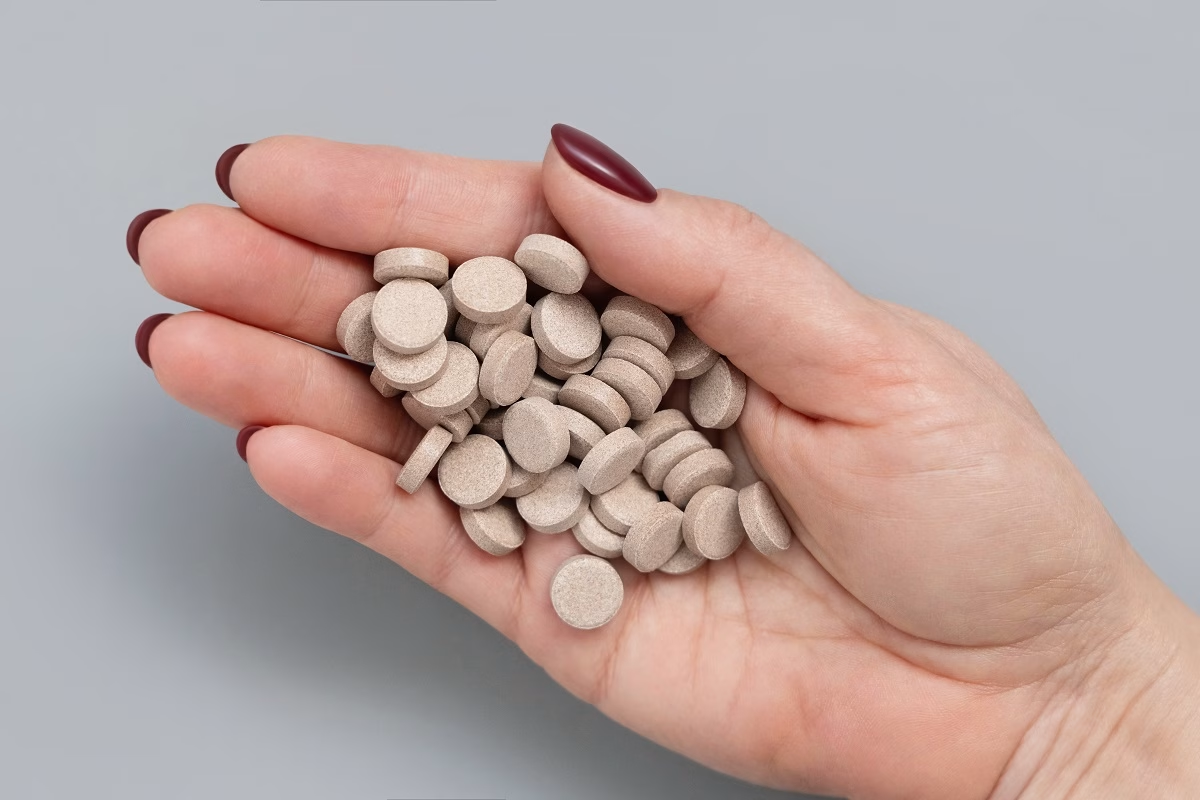An intestinal parasite that causes an infection of the intestines. It is called whipworm, and the name comes from its whip-like shape. People usually get infected with this parasite when they eat soil, drink contaminated water, or accidentally eat parasites or their eggs. Healthcare professionals usually prescribe anti-parasitic medicines to treat this infection.
However, whipworm (also known as Trichuris trichiura) is a type of parasite that negatively affects the bowels. Whipworm mostly affects children, usually in hot and humid climates or in regions with poor sanitation. However, people usually recover completely with treatment.
Symptoms
In some cases, people with this infection do not experience any symptoms. However, when they do occur, you may notice the following ones. Examples include:
- Headaches
- Unusual weight loss
- Fecal incontinence
- Nausea
- Vomiting
- Abdominal (belly) pain
- Painful or frequent pooping
- Blood in the stool
If you experience any of the previous symptoms, do not hesitate to see a doctor.
Causes
This type of roundworm causes infections if it enters the body. Usually, the eggs of whipworm pass into the poop of an infected person. These eggs get into the soil when people poop outside, use an unsanitary restroom, or use human feces as fertilizer.
Commonly, people become infected with this parasite by touching or eating contaminated dirt and then putting their fingers or hands near their mouths. Sometimes, you may ingest whipworm when eating fruits or vegetables that have not been peeled, washed, or cooked properly.
Usually, when whipworm eggs enter the body, they reach the small bowel and begin to release larvae. Thereafter, adult worms start to stick to the large intestine’s walls. Furthermore, if there are female worms, they begin to deposit eggs roughly in 2-3 months. They can release from 3,000 to 20,000 eggs per day.
Can Humans Get Whipworms From Pets?
Generally, people cannot get infected with the type of whipworm that infects animals (such as dogs and cats). For example, the whipworm that infects animals is called Trichuris vulpis, but those that infect humans are called Trichuris trichiura. Usually, each type of worm is adapted to a specific host and cannot infect other species.
However, there is a small chance of getting infected with an animal type of whipworm. It often happens when you ingest large amounts of animal whipworm eggs.
Risk Factors
While anyone may develop this infection, the following factors could increase your risk. Examples include:
- Living in a hot or humid climate
- Working or living in areas with poor sanitation or hygiene
- Eat raw vegetables or fruits that are grown in an infected soil
- People who work in industries that involve frequent contact with soil are also at increased risk of developing this infection
Whipworm often infects children because they frequently do not wash their hands, especially after playing outdoors.
What Are The Potential Complications of Whipworms?
People who develop an infection may also experience some complications, especially if they do not have symptoms or ignore them and do not get treatment. Check some examples below:
- Delayed growth and development in children
- Rectal prolapse (in severe cases)
- Severe anemia
- Impaired cognitive development
- Fecal incontinence
- Bloody diarrhea
- Reduced heart rate
If you notice that your child experiences any of the previous complications, immediately contact your healthcare professional. You can also consult with your physician about ways to reduce the risk of whipworm complications.
How to Prevent Whipworm?
There are some tips that may help reduce the risk of getting this parasite. Check below some examples:
- Sanitation – It is advised to avoid direct contact with soil that may be contaminated.
- Handwashing – Regularly wash your hands with warm water and soap, especially after using the toilet.
- Food hygiene – It is very important to wash or peel fruits and vegetables before eating them, especially those that grow close to the ground.
- Animal control – It is recommended to clean animal enclosures each day. It helps prevent fecal contamination.
- Safe water – Consume only treated water. If you are traveling, it is recommended to drink only bottled water.
Diagnosis
Physicians usually diagnose this infection by performing a stool test. This test involves a stool sample that is examined under a microscope to check for whipworm. Some people with this parasitic infection may develop a severe form of anemia. That’s why doctors usually perform a complete blood count (CBC) to check for red blood cell count, white blood cell count, and platelets.
Treatment
Usually, this infection is treated with anti-parasitic medicines. Doctors recommend oral medicines (taken by mouth) for 2-3 days. They often prescribe Mebendazole or Albendazole. Your doctor may recommend a stool test after you finish the treatment.
However, some people may think this parasitic infection goes away on its own. No, because the eggs of this worm can live in the environment for long periods. If you do not get treatment, it may lead to a severe form of the infection and life-threatening complications. Do not hesitate to see a doctor if you experience symptoms of this parasitic infection.
Frequently Asked Questions
What kills whipworm in humans?
This parasitic infection is often treated with anti-parasitic medicines. Usually, doctors prescribe Albendazole, Mebendazole, or Ivermectin. This group of medicines is also known as anthelmintics. However, previous medicines cannot be used by pregnant women because they may cause harm to the unborn baby.
What happens if whipworm is left untreated?
People who ignore the symptoms and do not get treatment may experience some unpleasant outcomes. These include a more severe infection, bloody diarrhea, certain life-threatening conditions, and even death. For more details, discuss it with your physician.
How serious is whipworm?
While most people who get this parasite do not experience symptoms, some of them may develop serious health problems. These include unusual weight loss, severe anemia (extremely low red blood cells), protrusion of the rectum (also known as rectal prolapse), and others. If you have any other questions, ask your healthcare provider.




